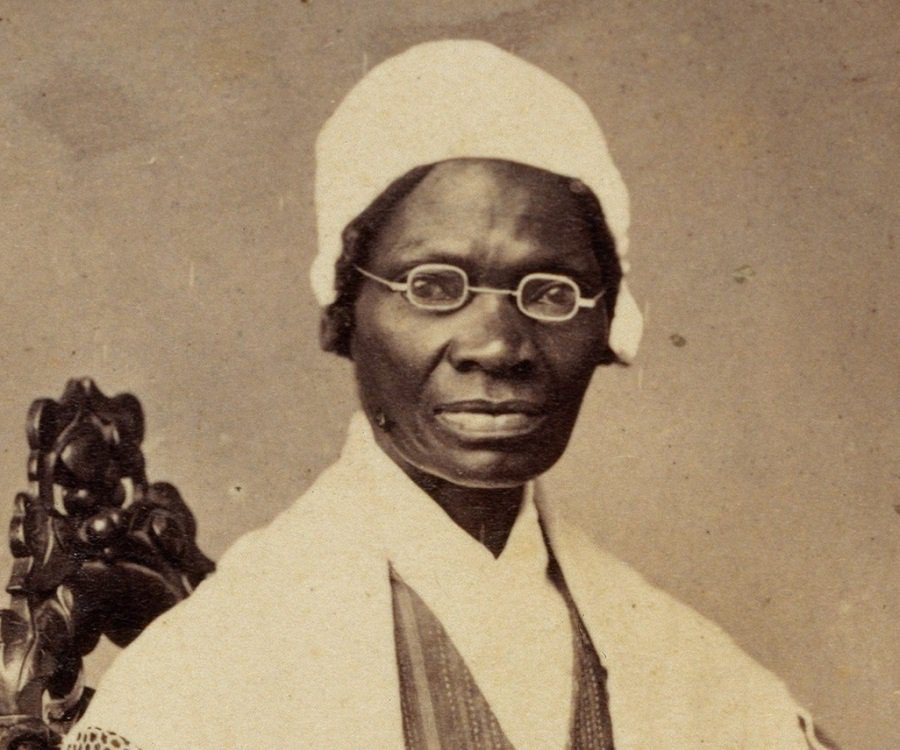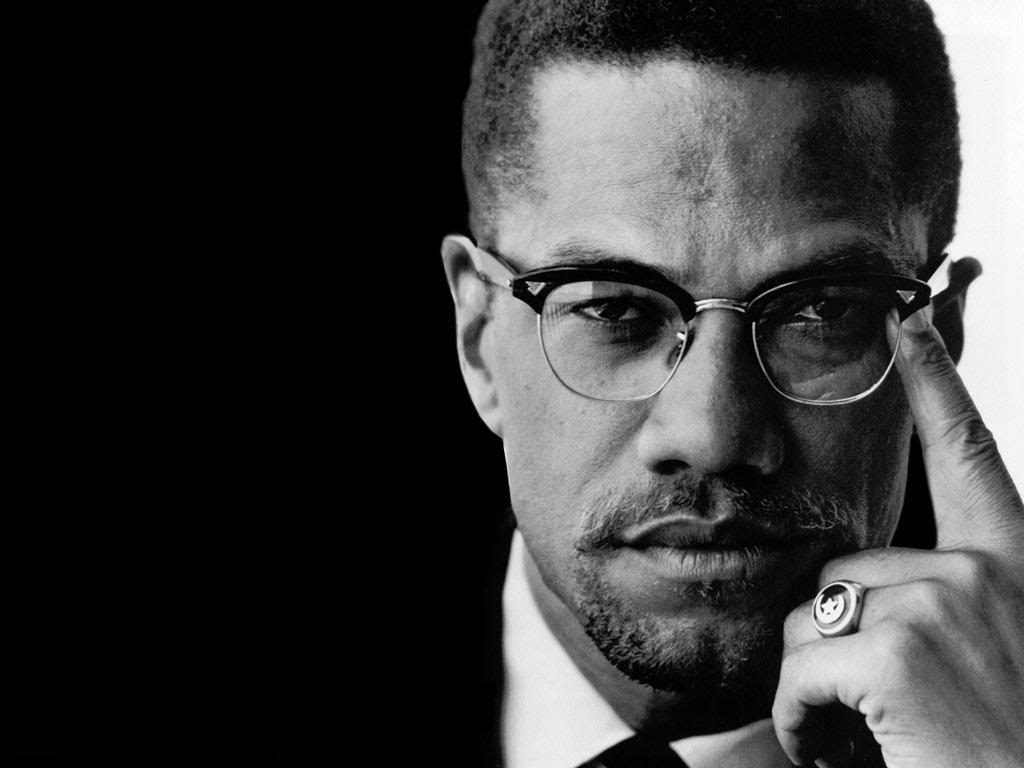
The Dynamism Of Black American Naming
What’s in a name?
Naming in African communities is an act steeped in tradition and, some say, one that comes with spiritual consequences for the bearer. Children are named to honor an ancestor, to reflect a significant event in a space in time, even to ward of evil or mischievous spirits. In a discussion over dinner, a friend remarked on the peculiarities of certain names not just within her Fante culture, but within her immediately family.
“I have a cousin in the village named Dzibin (sp),” she remarked with some amusement. “I never questioned her name until I got older when I began to wonder why her mother would give her such a horrible name.
My Fante is poor, but I’m familiar enough with the language to have been able to piece together the meaning of the appellation. I queried her for clarification.
“Doesn’t dzi bin mean…”
“Yes,” she affirmed with a laugh. “It means ‘eats shit’.”
As it turns out, the reason for this unfortunate sobriquet was not to shame the child or to prepare her for a future of excrement consumption, but to save her life. After suffering a series of miscarriages and stillbirths, her mother believed that she could trick the spirits responsible for stealing her children by naming this child after an act that would cause the spirit to recoil in revulsion and leave her to remain in the physical realm. It must’ve worked, because Dzibin is still with us today, according to my friend.
Naming in Black/African American traditions holds just as much meaning and importance. In communities and cultures of color names are frequently a byproduct of and heavily influenced by environment and experience. There are two events that have shaped the African’s experience in America; those being slavery and eventual emancipation.
It has become somewhat of an international pastime to mock names that sound “Black”. For Black Americans, those aforementioned consequences from a name one bears can have devastating economic impacts. Whereas parents of color might be desirous of anointing their children with names laden with personal meaning – names that appear colorful or “ghetto” to the mainstream population – they are also mindful that such names could have a limiting affect for the fortunes of their children. Increasingly, African American parents consciously choose “resume ready” names for their offspring in an effort to stave the hand of HR/recruiter biases. There is no greater declaration of independence than the ability to define oneself; to determine how others should address you. A name carries with it history, a community and one’s future. It is no surprise that one of the first things that slave traders did was to strip those who had survived the terrors of voyage across the Atlantic was to strip them of their names. Even slaves born on American soil were not spared this indignity. A person held captive could have their name changed under various circumstances, being re-sold one of the most common.
In defiance – perhaps even in desperation- the enslaved would bestow their children with names that sounded harmless or nonsensical to their owners, but had deep personal meaning. Hoping to fend off the possibility of a child being sold away from his/her nuclear family, they were blessed with names such as:
“Ayona” is derived from the words “I”, “own”, and “her”.
“Yuona” is derived from the words “you”, ”own” and “her”.
“Myonn” is derived from “my” and “own”
There was once a child born on the Smith plantation in Roswell, Ga a hundred or more years ago. Her story is told on a small plaque fastened to a wall in one of the slave cabin replicas. Her mother named her Comsee. Baffled (and appalled) by this ridiculous name, the mistress of the house asked why they child was not given a proper Christian name instead. Comsee’s mother, who had not successfully delivered any children to term thus far replied and said, “I named her Comsee, for I wanted her to come see the world before she left again.”
This has remained my favorite origin story of a child’s name. It’s full of heartbreak and hope, even under impossible conditions.
After emancipation, many former slaves changed their names in effort to reflect a new mindset and to prepare them for a new destiny. Sojourner Truth was born Isabella Baumfree. She gave herself the name Sojourner Truth in 1843 after she accepted what she believed was Gods’ call to leave the city and go into the countryside “testifying the hope that was in her”.

Frederick Douglass, born Frederick Augustus Washington Bailey. Changed his name twice. To avoid being discovered and returned to slavery, he stopped using the last name Bailey, and called himself Frederick Johnson. He and his new bride moved on north to New Bedford, Massachusetts, and were assisted by a black couple, Mary and Nathan Johnson, who were associated with the abolitionist movement.
Frederick decided to change his last name again, and asked Nathan Johnson to choose a new one for him. He insisted, however, that he keep his first name. Johnson had been reading Sir Walter Scott’s epic narrative poem The Lady of the Lake, a literary sensation of the nineteenth century. He picked the name of the leader of the Scottish clan Douglas, one of the poem’s key figures. Frederick chose to spell his new last name with a slight difference – a double‘s’. With his new wife Anna he thus adopted the new name he would keep for the rest of his life and would make world famous – Frederick Douglass. (Source: Frederick Douglass Honor Society)
That same tradition carried on well into the Civil Rights era and beyond.
A man named Malcolm Little changed his name to Malcolm X, so as to shake off any ties or association with the slave master who held his forbears in bondage. Eventual civil rights activist Michael King had his named changed to Martin Luther King Jr., after his father adopted the same moniker for himself in honor of a the great protestant reformer who bore the same name.

Names borne by Black bodies that have been recently dismissed as “ghetto” too share their admirable origins. Latosha, Deandre and Demarcus – for instance – are products of French Creole influence. “La” and “De” are French prepositions affixed in order to create a compound name. They represent a part of the complex tapestry of the Black experience in America. These names are beautiful.
There is no end to the fascination of the naming process, and for African Americans, that process continues to grow in its dynamism. Many of these names have a rich history and a powerful testimony, if you’re willing to listen closely.
Fun fact: Did you know that the Blackest name on the planet isn’t actually “Black” at all? I’m talking about Tyrone. Tyrone is derived from Irish Tír Eoghain, meaning ‘land of Eoghan’, the name given to the conquests made by the Cenél nEógain from the provinces of Airgíalla and Ulaid. Historically, it was Anglicised as Tirowen or Tyrowen, which are closer to the Irish pronunciation. (Source: https://en.wikipedia.org/wiki/County_Tyrone)




